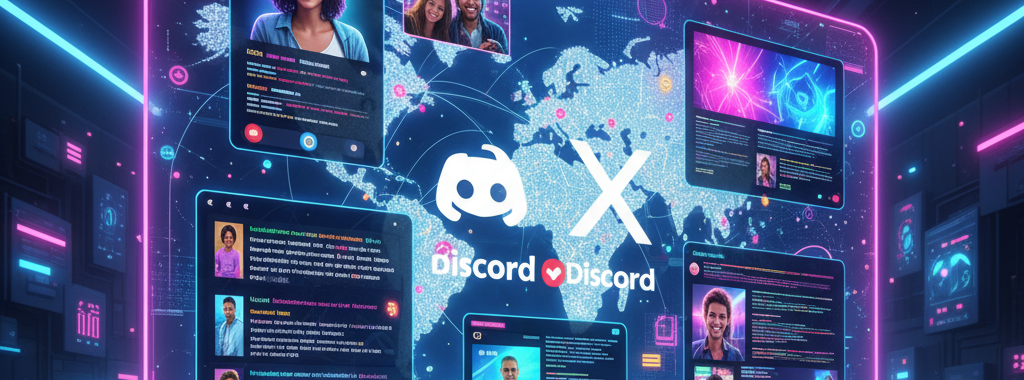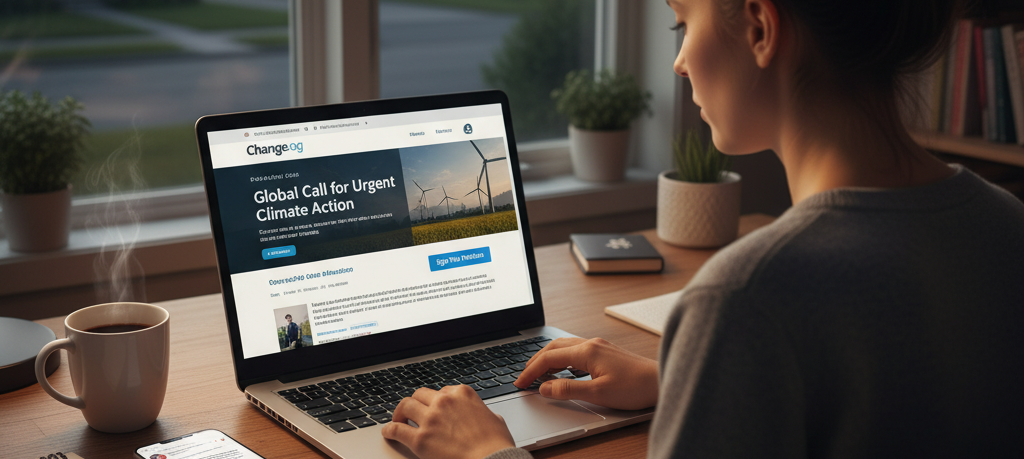Global digital communities, virtual spaces where individuals connect across borders to share ideas, cultures, and causes, are reshaping the world view landscape. Powered by platforms like X, Reddit, and Discord, these communities transcend geographic and cultural boundaries, fostering collaboration on everything from climate activism to cultural exchange. By 2025, over 4 billion people engage in online communities, per Statista, driving global dialogue and collective action. While offering unprecedented opportunities for unity and innovation, digital communities face challenges in inclusivity, polarization, and governance, redefining how we perceive identity and connection in a hyper-connected world.

The Foundations and Mechanics of Digital Communities
Digital communities emerged with the internet’s rise in the 1990s, evolving from early forums to sophisticated platforms. Social media, with X’s 600 million active users and Discord’s 200 million, enables real-time interaction, while niche platforms like Goodreads unite 150 million book lovers. These spaces leverage algorithms and AI to curate content, with 80% of users discovering communities via personalized recommendations, per a 2024 Pew Research study. Virtual events, like Twitch’s global gaming streams, draw millions, amplifying cultural exchange.
These communities function through shared interests, from K-pop fan groups to climate advocacy networks like #FridaysForFuture. They enable rapid information sharing—crowdsourced disaster relief on Reddit raised $10 million in 2024—but risk echo chambers, where algorithms reinforce biases, with 60% of users encountering polarized content.
Opportunities for Connection and Impact
For individuals, digital communities offer belonging and agency. Online language exchanges on Tandem connect 10 million learners, boosting cultural fluency, with 75% reporting improved global awareness, per a 2024 Cambridge study. Activism thrives—petitions on Change.org garnered 500 million signatures in 2024, influencing policies like renewable energy subsidies. Creative communities, like DeviantArt’s 70 million artists, foster collaboration, with 20% of users monetizing their work.
Organizations and businesses benefit too. Nonprofits use platforms like Facebook Groups to mobilize volunteers, with 1 million joining global clean-up campaigns annually. Companies tap communities for innovation—LEGO’s Ideas platform crowdsources designs, generating $50 million in revenue. Digital communities also drive economic inclusion, with 30% of freelancers finding work via Upwork’s forums, per a 2024 McKinsey report.

Challenges and Ethical Considerations
Digital communities face significant hurdles. Inclusivity is uneven—40% of global internet users, primarily in developing nations, lack access due to infrastructure gaps, per ITU. Language barriers persist, with English dominating 60% of online content, marginalizing non-English speakers. Polarization is rampant—50% of X users report encountering divisive rhetoric, per a 2024 Oxford study. Misinformation spreads rapidly, with 30% of viral posts containing false claims, as seen in 2024 health-related controversies.
Ethical concerns include data privacy, with platforms harvesting user data—Cambridge Analytica’s 2018 scandal affected 87 million users. Moderation is inconsistent; 25% of Discord servers report harassment issues. Governance challenges arise, as platforms balance free speech with safety, with 15% of users leaving due to toxic interactions. Accessibility for disabled users, like screen-reader compatibility, remains limited on 20% of platforms.
Strategies for Success and Cultural Impact
Individuals can thrive by joining diverse communities, using tools like Google Translate to bridge language gaps, and verifying information via trusted sources. Platforms should enhance inclusivity with multilingual interfaces and accessibility features, as Reddit’s 2024 updates improved access for 10% more users. AI-driven moderation, like X’s content filters, reduces harmful posts by 30%. Staying informed via outlets like The Atlantic’s tech sections aligns users with trends.
Culturally, digital communities redefine identity, celebrated in media like Wired and documentaries like The Social Dilemma. AI analytics, mapping user interactions, optimize community engagement. For world view enthusiasts, engaging with platforms like Global Voices or supporting digital literacy initiatives fosters connection to this transformative space.
Global digital communities are redefining how we connect and collaborate. By addressing inclusivity and ethical challenges, individuals and platforms can harness their power to build a more united, informed world.
